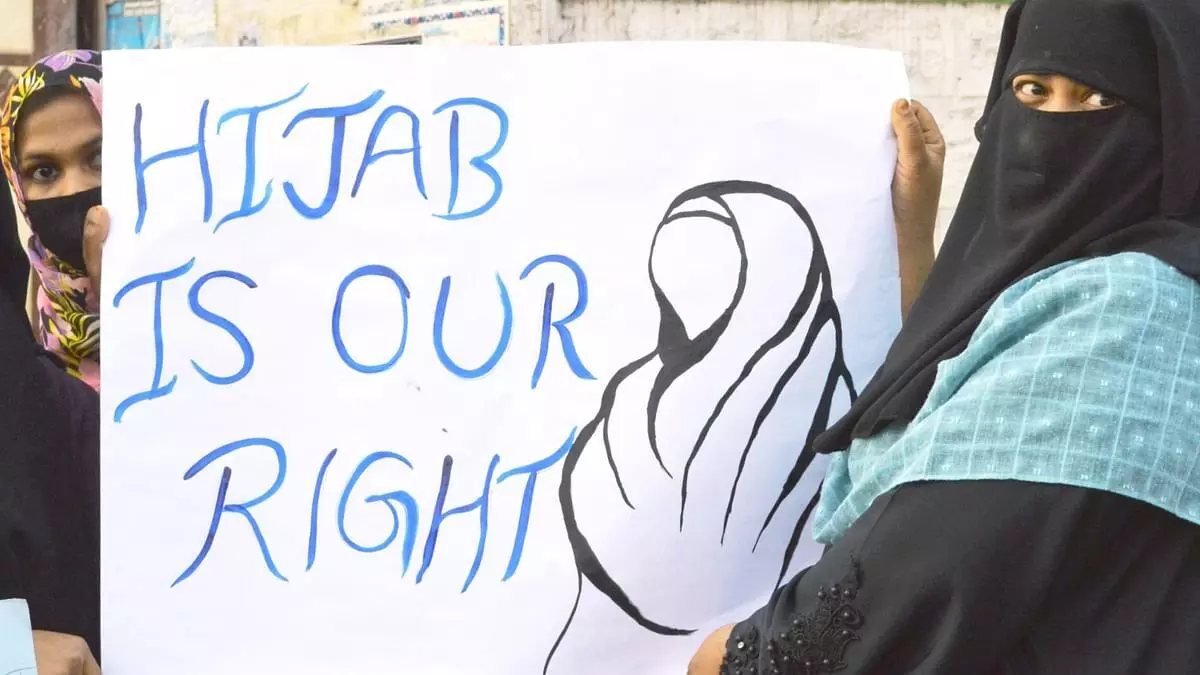
Answer with action, not words
text_fieldsAt the same time, each country has a responsibility to ensure that its citizens are not discriminated against or treated unfairly. Care should be taken not to create a situation that calls for criticism – which is how criticism can be averted. Unfortunately when international media, friendly countries or national media speak up on issues in the country the government has resorted to belittling, insulting and trying to silence them instead of engaging in critical introspection. And this instead of not eliminating criticism, will only sharpen it and strengthens its basis. An example is the blocking of database sites about hate crimes in India. Although two websites that could have facilitated the administrative correction were eliminated, FBI in the United States released its own report. the U.S. Southern Poverty Law Center reported that hate crimes in India during 2020 was the highest in a decade; the Global Investigative Journalism Network in Maryland, USA also published statistics on hate attacks in India. When many organizations and movements, such as Amnesty International, Human Rights Watch, Reporters Without Borders, and Genocide Watch, report on the situation in India, they cannot be countered by statements alone. Seventeen groups, including Amnesty International and Genocide Watch, came together to conduct a at the briefing for the U.S. Congress the other day; prominent figures, including Noam Chomsky, critiqued the situation in India with facts and figures.
Those who make such 'interventions' point out that India is undermining its own constitution and tradition. They say the goal is not to intervene, but to alert the conscience. Only we can convince any one that there is nothing to fear in India. It requires correction and administrative action. Rule of law is realized when at the time of injustice and violence, the victims are protected and the perpetrators are punished. When New York Times and the Washington Post point out that no minister or ruling party leader has come forward at the national level to condemn the genocide in Haridwar or the campaign against religious minorities, the MEA spokesperson's claim about our 'democratic ethos and policy' is also is questioned. Of course, our Constitution, the judiciary and other institutions have the capability for fair governance and required correction. The political leadership only needs to let them do that.

























